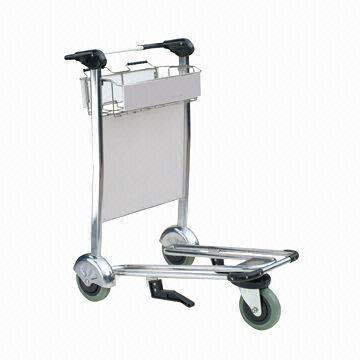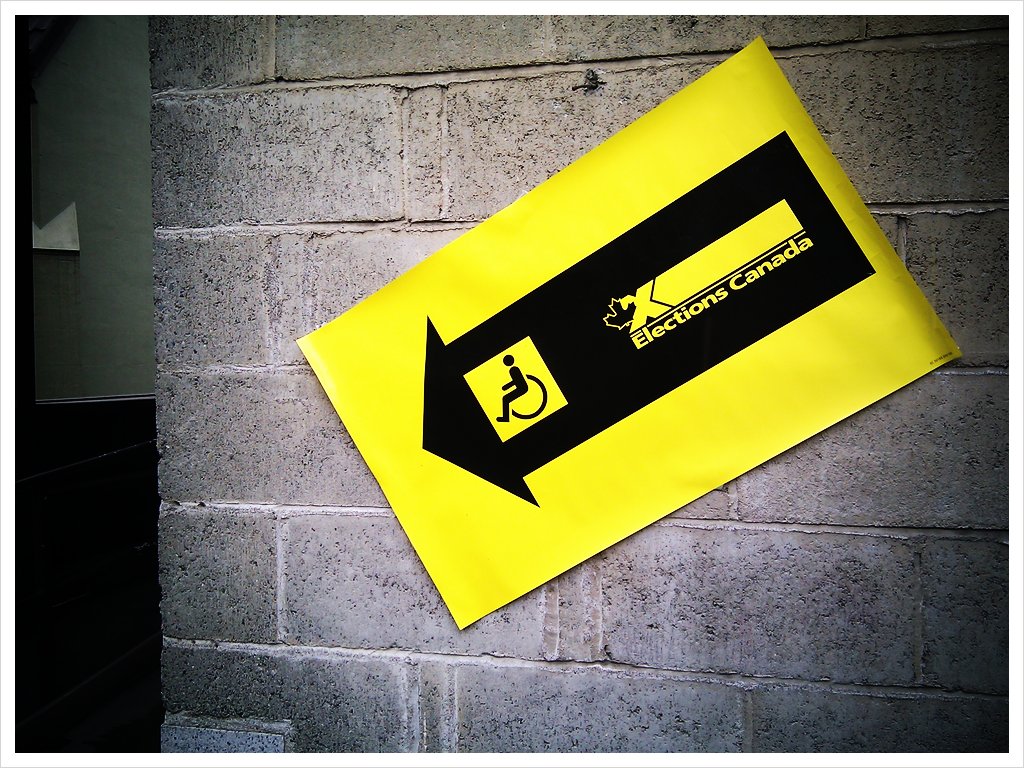It's Thanksgiving Sunday. We are just back, and we are tired. The grocery store is busy. Ahead of us is a young woman, a personal support worker, for an elderly woman. The line up isn't long, but it's slow. We had crossed paths with the two of them several times while shopping. The staff seems efficient at getting the woman through the store and getting groceries into the cloth bag she carries.
While waiting in the line up the elderly woman turns and asks, in a soft and trembling voice, "When did he die? When did my son die." The staff, answered, her voice flat, like she's answered the question before, "Three years ago."
Her answer, and her tone of voice, seems to bring the conversation to a close.
A few moments later it is revived, "What day did he die? I can't remember."
"I don't remember the date your son died, I know it was about three years ago."
"You don't remember? I've told you before, I know I've told you"
"You've told me but I don't remember."
Tears start falling, "I can't remember. I can't remember the date. Now the anniversary of his death feels like every day, because I can't remember."
"My job is to help you shop and to help you with your meals."
"But I need you to help me remember when he died."
"It was three years ago."
"The date, I need to know the date.
Now she is crying harder, "I need you to help me shop but I need you to help me remember. My son. He died. I can remember his birthday, but I can't remember, I never remember, the date he died."
The staff mutters, we can all hear, "My job is to help you shop and to help you with your meals, he's not my damn son, I don't need to remember when he died."
There is shock in the line up.
She sees the looks, she feels the pressure, she tries to make it better, to look better, "When we get home, I'll look up the date for you, it's with your papers in the hall cabinet isn't it."
But there is no consolation now.
"I need to remember, I need to remember now. He was a good son." She is crying hard but quietly, she is guided to sit on her stroller. "No one cares, no one cares but me, and I don't remember, what kind of mother am I? I need your help to remember."
She turns to us, the helper does, "This happens all the time, she gets agitated."
She is hoping that the medical sounding term, "agitated," will make it all go way and explain away the behaviour of the old woman. She says again, "I'm just here to help her shop and make her dinner."
It doesn 't work.
People look away in disgust.
The woman behind me, to me, loudly, "She says this happens all the time. What would it take for her to just remember when the old woman's son died? She has a job because she has trouble remembering, then remember for her! Getting the shopping done, getting meals prepared may be her job. But remembering for someone who can't, there is where the honour lies. The absolute honour. I'm sorry but I can't take this any more." She pulled out of the line up, put her cart to the side and begins to leave.
The staff says to her, as she is leaving, "You don't know what it's like."
She stops, her cart pushed to the side, "I do know what it's like to forget. That's why I'm upset. When I need help, I hope I get what I need, promise me you'll do more than your job, promise me you'll remember what she needs remembered."
But she didn't wait for an answer. She left. The woman, who's son died, is sitting, hearing none of this, on her walker. crying.
The staff, seeing that everything is all out of control, says to no one in particular, "I promise, but it's not my job."
I say, "But it is, it is."
She glares at me, then looks at Joe, for solidarity thinking he's my staff, "They always want more, dont' they?"
Joe, angered, like all the rest in the line up, answers, "Remembering an important date, for someone who can't remember isn't 'more' it's 'the very least.'"
The check out woman moves the line along.






